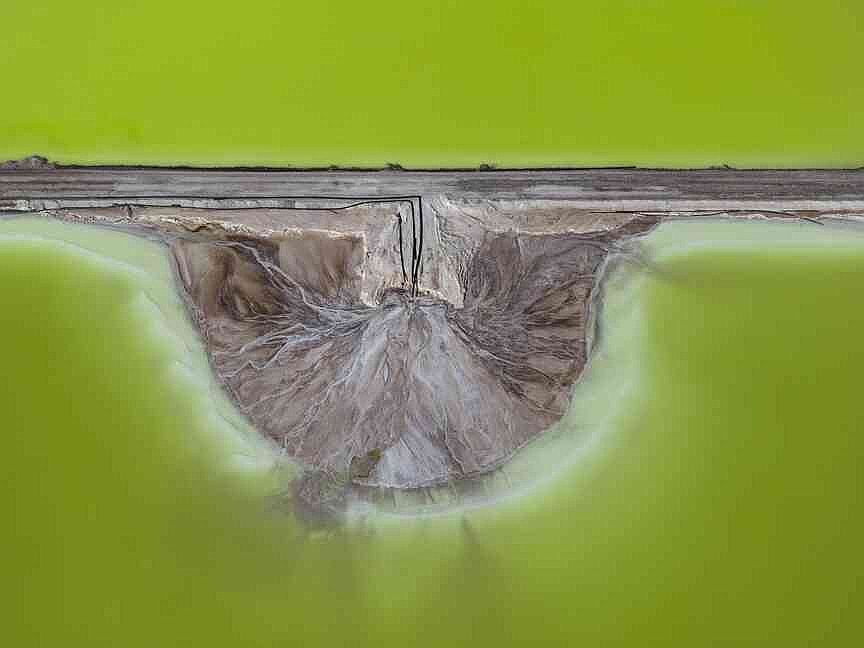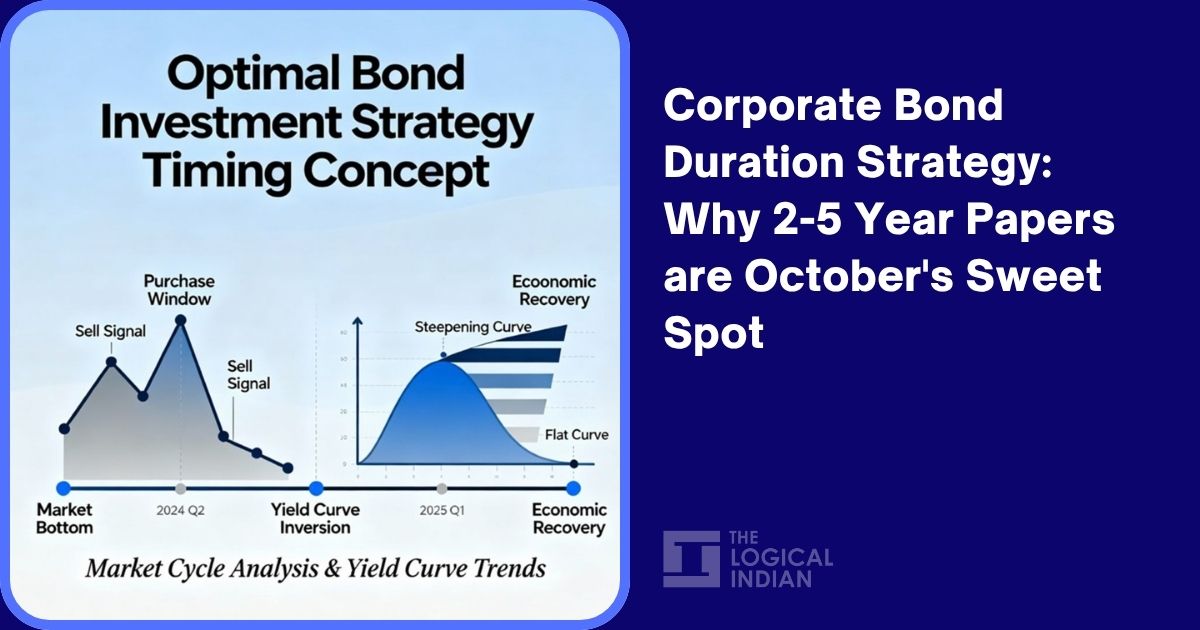Copyright Arkansas Online

WASHINGTON -- The Trump administration and private investors are partnering with two rare earth startups in a $1.4 billion deal to scale up the nation's access to materials and technology that are crucial for producing an array of high-tech goods and military equipment. The investment in Vulcan Elements and ReElement Technologies is the latest stake taken by the U.S. in a handful of private companies -- including another rare earths company and chipmaker Intel -- since President Donald Trump began his second term in January. The White House has made it a priority to bolster the nation's supply chain in a market dominated by China. Vulcan Elements manufactures rare earth magnets, while ReElement processes rare earth mineral ores and recycles old batteries and other products made with rare earths. Rare earths are used in fighter jets, guided missiles, drones and nuclear submarines as well as smartphones and wind turbines. The influx of cash will allow Vulcan and ReElement to ramp up their annual magnet production to 11,023.11 tons annually, the companies said. "Our investment in Vulcan Elements will accelerate U.S. production of rare earth magnets for American manufacturers," Secretary of Commerce Howard Lutnick said. "We are laser-focused on bringing critical mineral and rare earth manufacturing back home, ensuring America's supply chain is strong, secure and perfectly reliable." The deal announced this week comes just days after Trump met with Chinese leader Xi Jinping and agreed to cut tariffs on China, which Beijing reciprocated by allowing the export of rare earth elements. Before Xi and Trump met last week, China had imposed restrictions that would have required foreign companies to get special approval to export items that contain even small traces of rare earths elements sourced from China, even if those products were made elsewhere by foreign companies. However, it didn't eliminate restrictions that were imposed in the spring after Trump imposed his initial round of tariffs. China accounts for nearly 70% of the world's rare earths mining and controls roughly 90% of global rare earths processing. The deal includes a $620 million loan from the Department of Defense, $50 million of federal incentives from the Department of Commerce and $550 million in private capital. The Defense Department will receive warrants in both Vulcan and ReElement, with Commerce getting a $50 million equity stake in Vulcan. In July, the Defense Department agreed to invest $400 million in shares of the Las Vegas-based MP Materials, which runs the only American rare earths mine. The unusual direct investment in the company made the government the largest shareholder in MP Materials. A week later, MP Materials announced a new $500 million agreement with tech giant Apple to produce more of the powerful magnets used in iPhones as well as other high-tech products like electric vehicles. U.S. Steel, Lithium Americas and Trilogy Metals are among the companies the U.S. government has taken equity stakes in under Trump. Those investments have drawn skepticism from economists, former government officials and even members of the president's own party. While it's not unprecedented for the government to offer financial support to business and industries, historically those investments usually came during major economic crises. EU, CHINA DISCUSS EXPORTS The European Union has agreed with China on stabilizing the flow of rare earth materials and products from China that are critical elements for many high-tech and military products, an official said Tuesday. EU trade commissioner Maroš Šefcovic met with Chinese Commerce Minister Wang Wentao in Brussels on Friday to discuss Beijing's export controls on rare earths issued in April and October, and European regulations on semiconductor sales, said Olof Gill, a spokesperson for the European Commission, the 27-nation bloc's executive arm. Like the U.S., Europe runs a huge trade deficit with China -- around $345 billion last year. It relies heavily on China for rare earth material and products, which are also used to make magnets used in cars and appliances. Gill said that the EU welcomed China's recent 12-month suspension of rare earths export controls, and called for a new and stable system of trade in the critical materials. The EU is working with China on an export licensing system to ensure a more stable flow of rare earth minerals to the bloc, he said. "This is an appropriate and responsible step in the context of ensuring stable global trade flows in a critically important area," Gill said. Šefcovic said that that Brussels and Beijing were continuing to speak about further trade measures. "Both sides reaffirmed commitment to continue engagement on improving the implementation of export control policies," he said in an X post. China is the EU's second-largest trading partner in goods, after the United States. Bilateral trade is estimated at $2.7 billion per day. Both China and the EU believe it's in their interest to keep their trade ties stable for the sake of the global economy, and they share certain climate goals. Information for this article was contributed by Sam McNeil and staff writers of The Associated Press.



